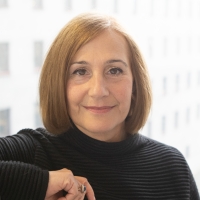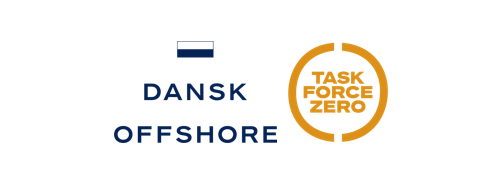
-
Monica Haage
Senior Nuclear Safety SpecialistMs Haage is a high performer with a balanced skillset of being systematic, innovative, strategic, and pragmatic. She is delivering state-of-the-art methodologies and programmes in leadership, management and culture for safety and viable business. Ms Haage has delivered these methodologies and programmes during her 17 yearlong international professional safety experience career. Her specialty is to bridge safety science into user-friendly tools and practical approaches.
During her many years as a senior safety specialist she has evolved, in collaboration with frontiers experts, the area of safety related to human and organizational factors which includes leadership, management and cultural for safety. Among her well-recognized international accomplisments one will find inttegration of safety assessemtns in Sweden, Finland, Trinidad & Tobago and implementation of IAEA SCCIP in Belgium, Pakistan and Mexico.
Her recent work is focused on organizational transformation and resilience capacity building. She is appreciated for her humble leadership and collaborative attitude to achieve goals. Ms Haage believes it is important to demonstrate what you impart and therefor prefers to build partnership for capacity building and sustainable improvements. Additonally, Ms Haage's various IAEA support Missions in Human Performance, Human Resources Capacity Building, Leadership, Management and Culture for Safety and Security is deeply ackowledged internationally.
Speaker for following sessions-
10:30 - 11:20 Chornobyl then, now … and now – fostering leadership for resilience12:00 - 12:30 Safety talk: Sustaining the safety mindset (Part I)
-
